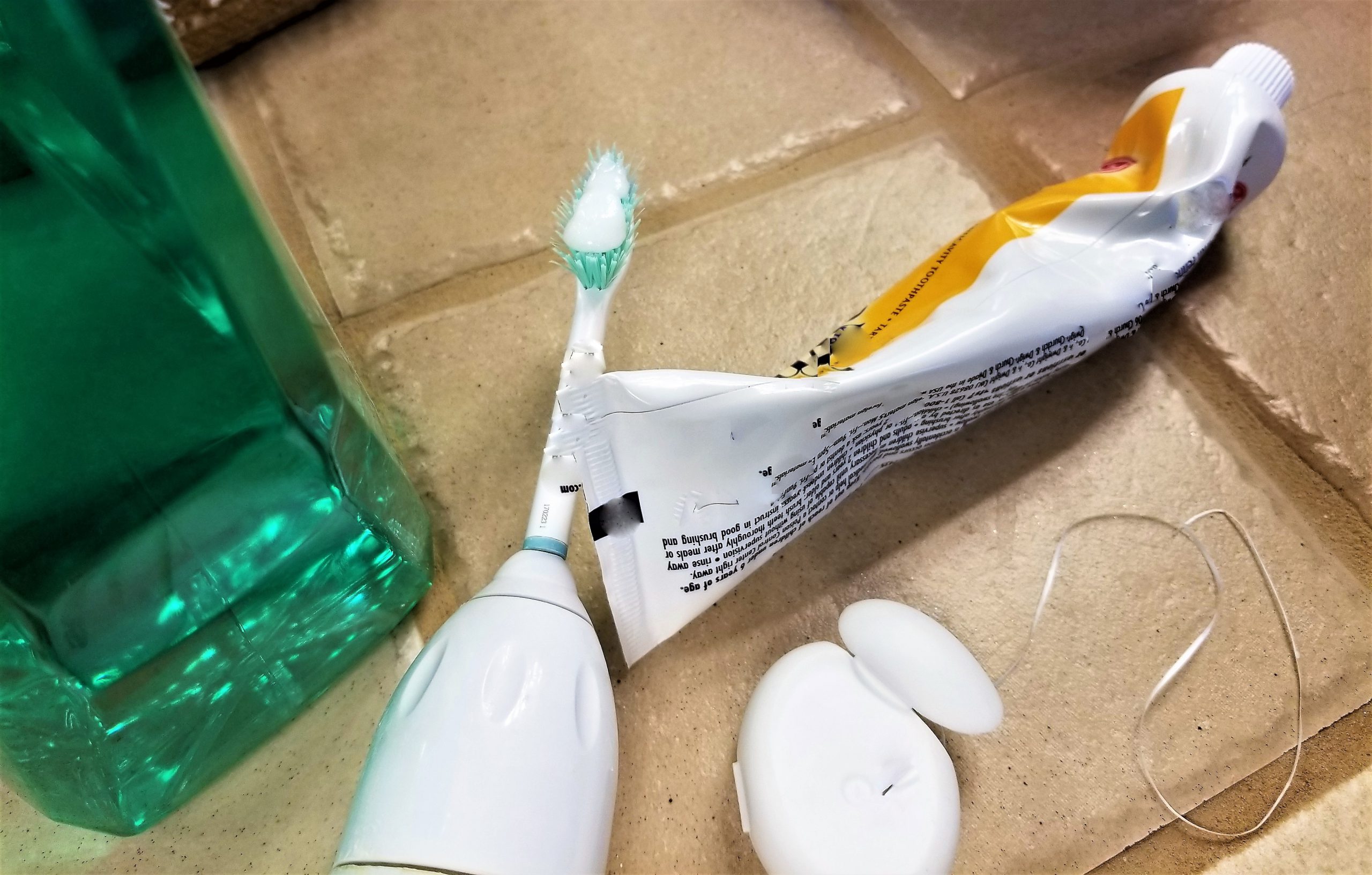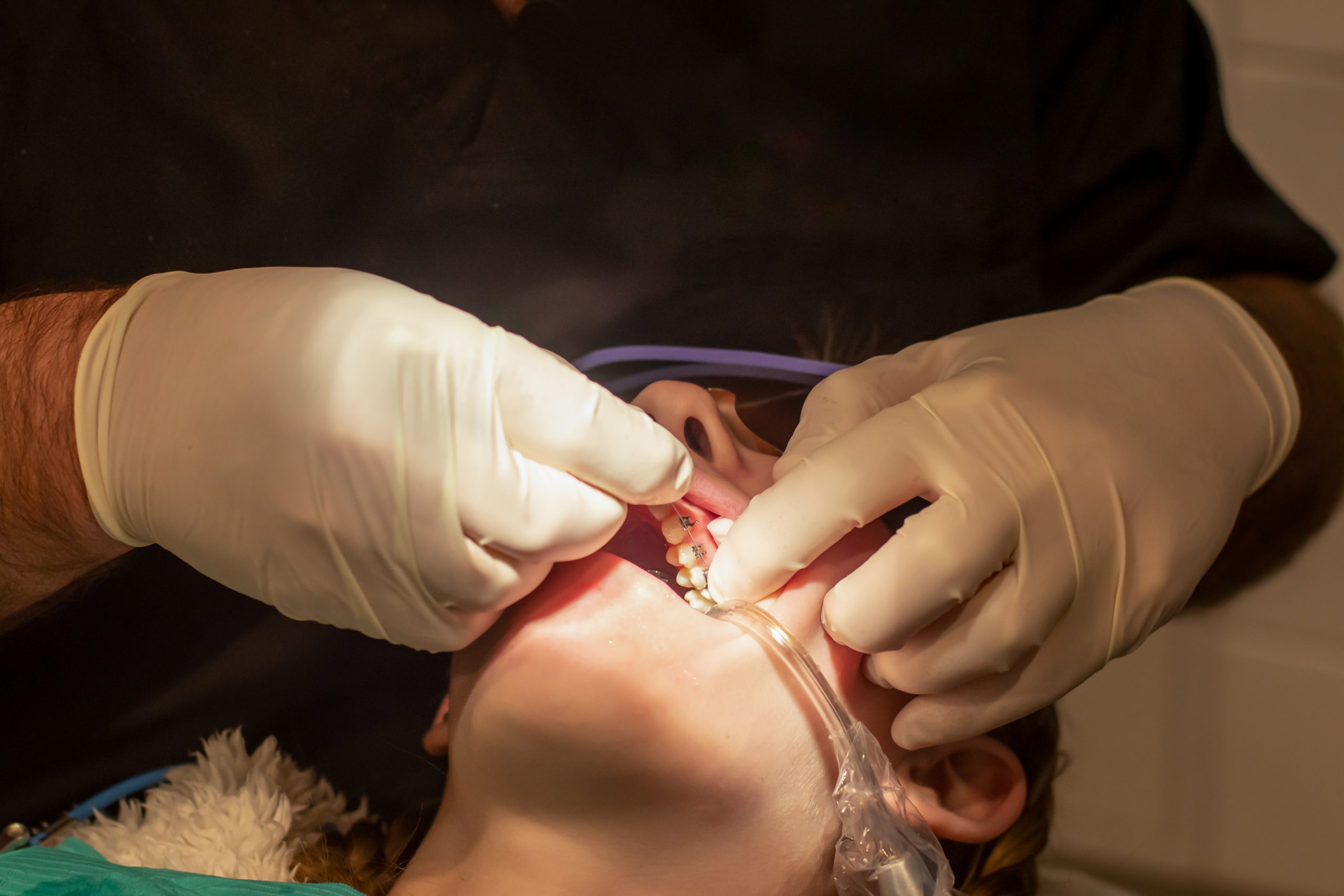Reasons Of Dental Operation Failure
Dental operation failure may depend on many different reasons. From patient sourced mistakes to misplacement of treatments this blog post going to mention most common reasons of this issue.
Table Of Content
Poor Oral Hygiene Is The Most Common Reason Of Dental Operation Failure
Poor oral hygiene is one of the leading causes of dental operation failure. When people do not practice proper oral hygiene, they are more likely to experience complications with their dental operations. This can lead to increased pain, discomfort, and even the need for additional surgeries.
Good oral hygiene is essential for maintaining healthy teeth and gums. It helps prevent cavities, gum disease, and other dental problems that can cause dental operation failure. Brushing twice a day with fluoride toothpaste and flossing daily are two of the most important steps in keeping your mouth clean and healthy. Additionally, regular visits to the dentist for checkups and professional cleanings are essential for preventing any potential issues that could arise from poor oral hygiene.
When it comes to dental operations, good oral hygiene is even more important than ever before. Poor oral hygiene can lead to infection or other complications that can cause the procedure to fail or be unsuccessful. For example, if bacteria enter the area during surgery due to poor oral health, it can cause inflammation and pain after the procedure is complete. In some cases, this can even result in an abscess or other serious condition that requires additional treatment or surgery.

To avoid these risks associated with poor oral hygiene prior to a dental operation, it’s important to take extra care of your teeth and gums leading up to your appointment. Make sure you brush twice a day with fluoride toothpaste and floss regularly so that any bacteria present in your mouth will be removed before surgery begins. Additionally, be sure to visit your dentist regularly for checkups so any potential issues can be identified early on and treated accordingly before they become serious enough to affect your procedure’s success rate.
By taking these simple steps towards better oral health before undergoing a dental operation, you can greatly reduce your risk of experiencing complications or failure during the procedure itself. Good oral hygiene is essential for keeping your teeth and gums healthy as well as ensuring successful outcomes when it comes time for a surgical intervention in your mouth!

Inadequate Treatment May Cause Dental Operation Failure From The Beginning
The connection between dental operation failure and inadequate removal of decay or inadequate filling of the tooth is an important one to consider. Poorly performed dental operations can lead to a number of serious problems, including infection, pain, and even tooth loss. To avoid these issues, it is essential that dentists properly remove all decay and fill any cavities correctly.
When a dentist fails to adequately remove decay or fill a cavity, it can lead to a number of complications. If the decay is not completely removed, bacteria can remain in the area and cause infection. This can result in swelling, pain, and even abscesses if left untreated. In addition, inadequate filling of the tooth can leave gaps where bacteria can accumulate and cause further damage.
In some cases, poor dental work may also lead to structural damage of the tooth. If a dentist does not use enough material when filling a cavity or does not properly shape the filling material, it could weaken the structure of the tooth and make it more susceptible to cracking or breaking down over time. Additionally, poorly placed fillings may irritate surrounding tissues which could lead to gum disease or other oral health issues.

It is important for patients to be aware of the potential risks associated with inadequate removal of decay or inadequate filling of teeth during dental operations. It is also important for them to be sure that their dentist has adequate experience performing these procedures so that they are confident that their treatment will be done correctly and safely.
Patients should also ensure that their dentist uses quality materials when performing these operations as this will help reduce the risk of complications arising from poor dental workmanship. Finally, patients should always follow up with their dentist after any type of dental operation in order to ensure that everything was done correctly and no additional treatments are needed in order to maintain good oral health.
By understanding the connection between dental operation failure and inadequate removal of decay or inadequate filling of teeth, patients can better protect themselves from potential complications arising from poor dental workmanship. By taking steps such as choosing an experienced dentist who uses quality materials during procedures as well as following up with regular checkups after any type of treatment, patients can help ensure that they receive safe and effective care for their teeth and gums.

Dental Operation Failure And Inadequate Removal Of Decay Or Filling Of The Tooth
Root canal treatment is a dental procedure that involves removing infected or damaged pulp from the inside of a tooth. The goal of this procedure is to save the tooth and prevent further damage. Unfortunately, sometimes root canal treatments can be unsuccessful due to undetected canals or blockages. This can lead to pain, infection, and even the need for additional dental operations.
When it comes to root canal treatments, accuracy is key. If any canals or blockages are not detected during the initial procedure, then the treatment may not be successful in saving the tooth. If left untreated, these undetected issues can cause pain and infection in the area surrounding the tooth. In some cases, this may require additional dental operations such as an apicoectomy or retreatment of the root canal in order to save the tooth and relieve symptoms.
The first step in avoiding unsuccessful root canal treatments due to undetected canals or blockages is making sure you have an experienced dentist performing your procedure. A dentist who has extensive experience with root canal treatments will be more likely to detect any potential issues before they become a problem. Additionally, they will be able to provide you with a more accurate diagnosis and recommend appropriate treatment options if necessary.
If you think you may have experienced an unsuccessful root canal treatment due to undetected canals or blockages, it’s important that you seek medical attention right away. Your dentist will be able to assess your situation and recommend appropriate treatment options depending on what’s causing your symptoms. In some cases, additional dental operations may be necessary in order to save the affected tooth and relieve symptoms caused by infection or damage from undetected issues during initial root canal treatment.
Overall, taking proper care of your teeth and gums is essential for preventing unnecessary dental operations due to unsuccessful root canal treatments caused by undetected canals or blockages. Regular check-ups with your dentist are key for catching any potential problems early on so that they don’t become bigger issues down the line requiring additional dental operations for resolution.

What Is The Connection Between Dental Operation Failure And Unsuccessful Root Canal Treatment Due To Undetected Canals Or Blockages?
Root canal treatment is a common dental procedure used to save teeth that have been damaged due to decay or infection. During the procedure, the dentist will remove the infected pulp from the root canal and then fill it with a material called gutta-percha. If done correctly, this procedure can help preserve your tooth and prevent further damage. However, if undetected canals or blockages are present, the root canal treatment may fail.
When undetected canals or blockages are present during a root canal treatment, it can lead to an unsuccessful operation. This is because these hidden areas may contain bacteria that cannot be reached by the cleaning solution used during the procedure. As a result, these bacteria can remain in the area and cause further infection and decay of your tooth. In addition, if these areas are not filled properly with gutta-percha, they can also lead to reinfection of your tooth.
If you experience any pain or discomfort after having a root canal treatment, it could be a sign that something went wrong during the procedure. It is important to contact your dentist right away if you experience any pain or sensitivity after having a root canal treatment as this could indicate an unsuccessful operation due to undetected canals or blockages.

Your dentist will likely take X-rays of your tooth in order to determine whether there were any undetected canals or blockages present during your root canal treatment. If there were any issues detected on your X-ray images, your dentist may recommend additional treatments such as retreatment of the affected area or endodontic surgery in order to address them.
In some cases, undetected canals or blockages may be too difficult for even experienced dentists to detect before performing a root canal treatment. This is why it is important for patients to receive regular checkups and cleanings at their dentist’s office so that potential problems like this can be identified early on and addressed accordingly before they become more serious issues down the line.
Overall, dental operation failure due to undetected canals or blockages during a root canal treatment is something that should not be taken lightly as it could lead to further damage of your tooth and even necessitate more invasive treatments such as endodontic surgery in order to address them effectively. Therefore, it is important for patients who have recently undergone a root canal treatment to contact their dentist right away if they experience any pain or sensitivity afterwards so that their issue can be properly diagnosed and treated accordingly before it becomes worse over time.

Excessive Procedures During Dental Operation
Excessive force during dental procedures can lead to a variety of complications, including dental operation failure. Dental operation failure is a serious issue that can have long-term consequences for the patient’s oral health. It is important for dentists to be aware of the risks associated with excessive force and take steps to prevent it from occurring.
When too much force is used during a dental procedure, it can cause damage to the teeth, gums, and other structures in the mouth. This damage can range from minor fractures and abrasions to more serious issues such as root canal failure or tooth loss. In some cases, excessive force may even cause nerve damage or tissue death. All of these problems can result in significant pain and discomfort for the patient and may require additional treatments or surgeries to correct them.
Excessive force during dental procedures is often caused by improper technique or inadequate training on the part of the dentist or hygienist. For example, if a dentist applies too much pressure when drilling into a tooth, it could lead to fractures or other types of damage. Similarly, if a hygienist uses too much pressure when cleaning around teeth and gums, it could lead to abrasions or other forms of trauma.
To reduce the risk of dental operation failure due to excessive force, dentists should make sure they are properly trained in all aspects of their profession and use only the appropriate amount of pressure when performing any type of procedure. They should also use proper protective equipment such as gloves and face shields when necessary. Additionally, they should ensure that their instruments are sharpened regularly so that they do not cause unnecessary trauma during treatment. Finally, dentists should always communicate with their patients about what kind of pressure they are using during any given procedure so that they know what kind of response to expect from their mouths afterwards.
In conclusion, excessive force during dental procedures can lead to serious complications such as dental operation failure which can have long-term consequences for patients’ oral health. To reduce this risk, dentists must ensure that they are properly trained in all aspects of their profession and use only the appropriate amount of pressure when performing any type of procedure. They should also use proper protective equipment such as gloves and face shields when necessary and sharpen their instruments regularly so that they do not cause unnecessary trauma during treatment. Finally, communication between dentist and patient about what kind of pressure is being used during any given procedure is essential for avoiding potential complications related to excessive force in dental operations

Allergic Reaction From Dental Materials
Allergic reactions to certain dental materials used during procedures can lead to dental operation failure. It is important for patients and dentists alike to be aware of the potential risks associated with allergies and dental operations.
When a patient has an allergic reaction to a material used in a dental procedure, it can cause swelling, redness, pain, and other symptoms. In some cases, the allergic reaction can be severe enough to cause the procedure to fail or even lead to complications such as infection. Allergies can also make it difficult for the dentist to properly perform the procedure due to discomfort or difficulty in manipulating the material.
The most common allergens that are found in dental materials include latex, metals (such as nickel), resins, and acrylics. Patients who have known allergies should inform their dentist before any procedure is performed so that alternative materials can be used if necessary. Additionally, patients should be aware of any new products that may be used during their procedure and ask questions about them if they are unsure of what they contain.

In order to prevent allergic reactions from occurring during a dental procedure, dentists must use appropriate materials that are compatible with each patient’s individual needs. For example, if a patient has an allergy to latex then latex-free gloves should be used during the procedure. Additionally, dentists should use biocompatible materials whenever possible in order to reduce the risk of an allergic reaction occurring.
It is also important for dentists to monitor their patients closely throughout the entire procedure in order to identify any signs of an allergic reaction as soon as possible. If an allergic reaction does occur then immediate treatment should be administered in order to reduce any further complications or risks associated with it.
Overall, allergies can lead to dental operation failure if not managed properly by both the patient and dentist involved in the procedure. It is essential for both parties involved in a dental operation to understand how allergies can affect a patient’s health and safety so that appropriate measures can be taken beforehand in order to ensure successful outcomes for all involved.







